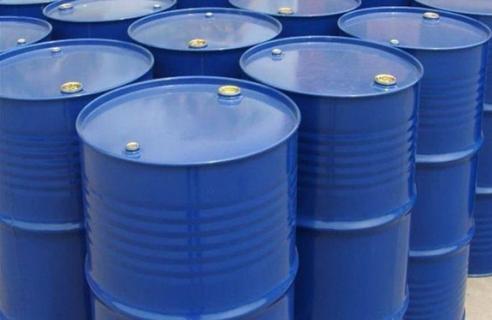Unsaturated polyester resins (UPR) are versatile thermosetting materials widely employed across various industries due to their exceptional properties. Understanding their composition, manufacturing process, and diverse applications can provide valuable insights into why they are so crucial in modern technology and manufacturing.
Composition and Manufacturing Process
Unsaturated polyester resins are linear polymers primarily formed through the condensation polymerization of unsaturated dibasic acids with diols or saturated dibasic acids with unsaturated diols. This process typically occurs at temperatures ranging from 190 to 220°C until a desired acid value (or viscosity) is achieved. Once the polyesterification condensation reaction is complete, a quantity of vinyl monomers, such as styrene, is added while the mixture is still hot to create a viscous liquid. This polymer solution can undergo radical copolymerization under the influence of initiators, light, or heat, resulting in a cross-linked thermoset polymer known as unsaturated polyester resin.
The monomers used in the manufacturing process include important compounds like diallyl phthalates and diallyl isophthalates, derived from the reactions of allyl esters of dibasic acids or their anhydrides. The inclusion of these monomers affects the final properties and applications of the resin.
Properties of Unsaturated Polyester Resins
UPR boasts several advantageous properties that make it suitable for a wide range of applications. These include:
Excellent corrosion resistance: Resistant to chemical attack from various acids, bases, and solvents.
Good weatherability: Can withstand exposure to sunlight, moisture, and temperature fluctuations.
High mechanical strength: Provides durability and robustness in structural applications.
Good electrical properties: Offers electrical insulation, making it suitable for electrical and electronic components.
Ease of processing: Can be molded, cast, or laminated into various shapes and sizes.
Applications in Various Industries
Construction Industry
In the construction sector, UPR is primarily used for manufacturing fiberglass-reinforced plastic (FRP) products such as cooling towers, bathtubs, laundry tubs, toilets, water tanks, decorative panels, doors, windows, and portable buildings. These products leverage the resin's corrosion resistance, weatherability, and strength to provide durable and long-lasting solutions.
Transportation Industry
The transportation industry benefits significantly from UPR's properties. It is used in the manufacture of components for ships, boats, and automotive vehicles, including hulls, decks, cabins, engine covers, front and rear panels, protective shields, and lamp covers. These components enhance the durability and safety of vehicles, ensuring longer operational lifespans.
Chemical and Corrosion Protection Industry
UPR's corrosion resistance and weatherability make it ideal for use in chemical equipment, pipelines, and storage tanks. These applications require materials that can withstand harsh chemical environments and maintain structural integrity over extended periods.
Electrical and Electronics Industry
In the electrical and electronics industry, UPR is widely used in the production of transformers, insulators, capacitors, and encapsulants for electronic components. Its electrical insulation properties prevent current leakage, improve operational efficiency, and ensure stable performance under adverse conditions.
Additional Applications
Beyond these primary industries, UPR finds applications in the manufacture of coatings, adhesives, putties, and artificial marble. As an adhesive, it is used for bonding polystyrene, plexiglass, polycarbonate, glass, ceramics, and concrete. The versatility of UPR allows for the creation of various products tailored to specific needs through variations in raw materials, process conditions, and additives.
Conclusion
Unsaturated polyester resins are indispensable materials in modern manufacturing, thanks to their robust properties and versatility. From construction and transportation to chemical processing and electrical applications, UPR offers durable, reliable, and cost-effective solutions. As technology continues to evolve and new applications emerge, the demand for unsaturated polyester resins is poised to grow, further cementing their role in various industries. The ability to tailor the resin's properties through different manufacturing processes and raw materials ensures that UPR will remain a cornerstone of material science and engineering for years to come.

